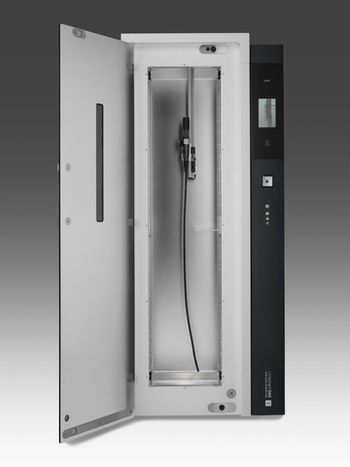
Paxlovid and long COVID; hearing loss and dementia risk; $93M in health care fraud - Morning Medical Update
The top news stories in primary care today.
Long COVID occurs in about 10% of patients with COVID-19 globally and could affect up to 65 million people worldwide. Researchers found
Even mild hearing loss is associated with an
A federal judge handed down sentences for a home health therapy and money laundering fraud scheme that billed Medicare $93 million for services never provided, according to the
Newsletter
Stay informed and empowered with Medical Economics enewsletter, delivering expert insights, financial strategies, practice management tips and technology trends — tailored for today’s physicians.






